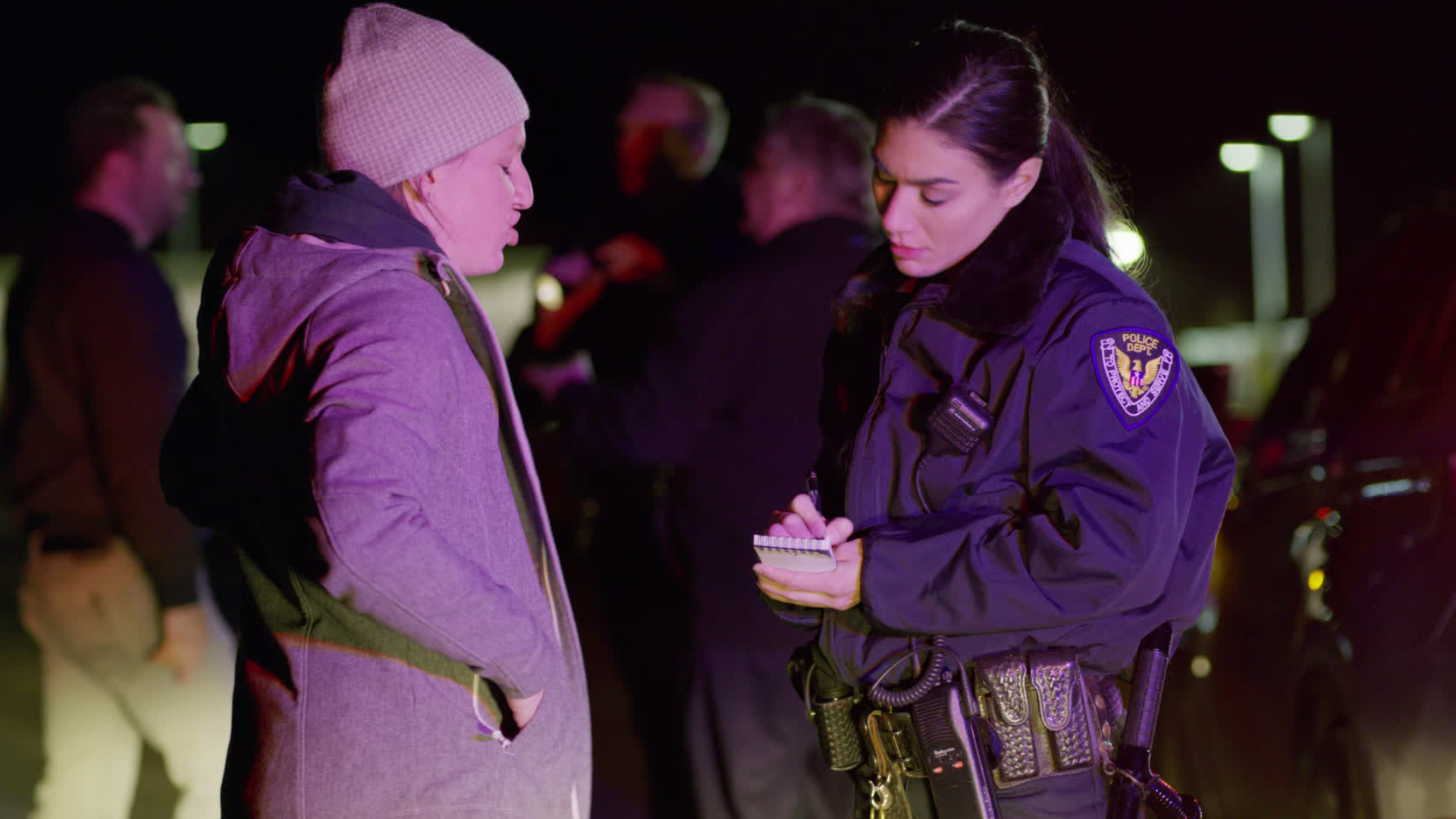Police & Sheriff's Patrol Officers
Deputy, Deputy Sheriff, Patrol Officer, Police Officer
What they do:
Maintain order and protect life and property by enforcing local, tribal, state, or federal laws and ordinances. Perform a combination of the following duties: patrol a specific area; direct traffic; issue traffic summonses; investigate accidents; apprehend and arrest suspects, or serve legal processes of courts. Includes police officers working at educational institutions.
On the job, you would:
- Identify, pursue, and arrest suspects and perpetrators of criminal acts.
- Provide for public safety by maintaining order, responding to emergencies, protecting people and property, enforcing motor vehicle and criminal laws, and promoting good community relations.
- Record facts to prepare reports that document incidents and activities.
Knowledge
Safety and Government
- law and government
- public safety and security
Arts and Humanities
- English language
Math and Science
- psychology
- geography
Business
- customer service
Skills
Basic Skills
- listening to others, not interrupting, and asking good questions
- talking to others
Social
- understanding people's reactions
- changing what is done based on other people's actions
Problem Solving
- noticing a problem and figuring out the best way to solve it
Abilities
Verbal
- listen and understand what people say
- communicate by speaking
Ideas and Logic
- notice when problems happen
- make general rules or come up with answers from lots of detailed information
Visual Understanding
- see hidden patterns
- quickly know what you are looking at
Physical Strength
- use your lower back and stomach
Personality
People interested in this work like activities that include practical, hands-on problems and solutions.
They do well at jobs that need:
- Integrity
- Dependability
- Self Control
- Stress Tolerance
- Attention to Detail
- Leadership
Technology
You might use software like this on the job:
Data base user interface and query software
- Database software
- Microsoft Access
Presentation software
- Microsoft PowerPoint
Graphics or photo imaging software
- Computer aided composite drawing software
- SmugMug Flickr
Education
Education: (rated 3 of 5)
high school diploma/GED or
certificate after high school
usually needed
certificate after high school
usually needed
Job Outlook
Average
New job opportunities are likely in the future.
Explore More
- Bailiffs
- Correctional Officers & Jailers
- Detectives & Criminal Investigators
- First-Line Supervisors of Police & Detectives
- Transit & Railroad Police
You might like a career in one of these industries:
See more details at O*NET OnLine about police and sheriff's patrol officers.





